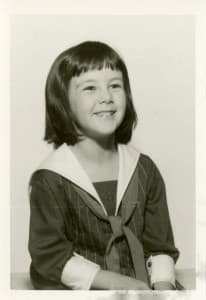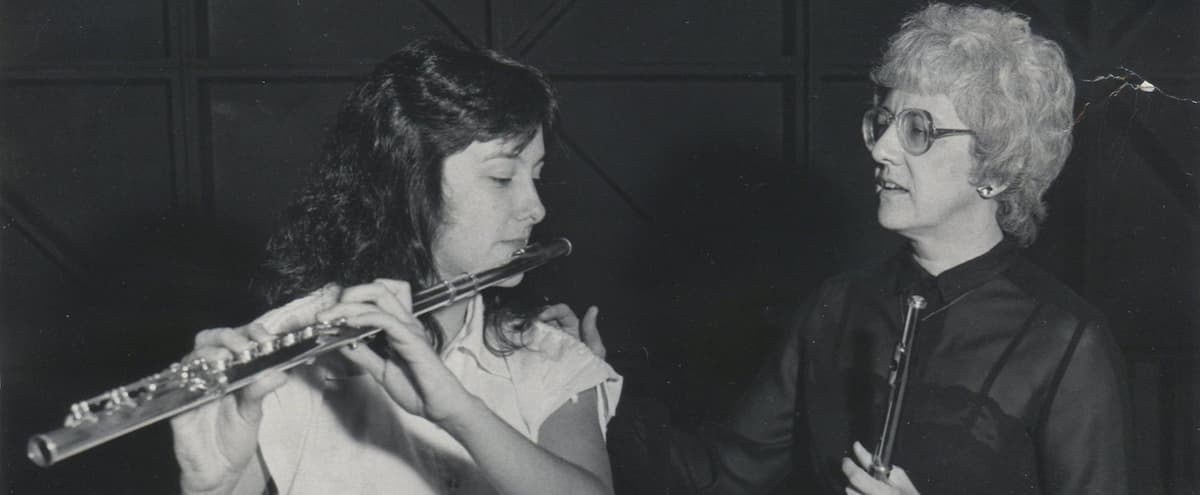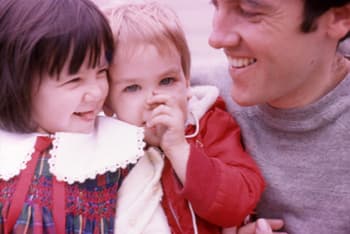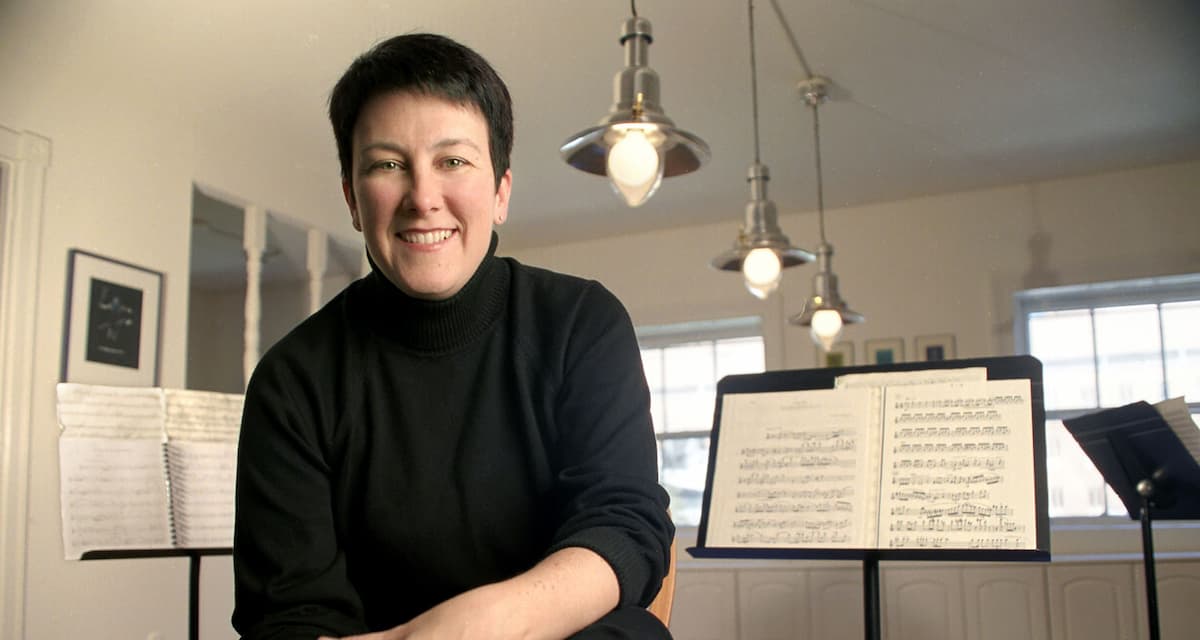When Jennifer Higdon received the 2010 Pulitzer Prize in Music for her Violin Concerto, written for the young Hilary Hahn, the committee cited the work as “a deeply engaging piece that combined flowing lyricism with dazzling virtuosity.” Those particular qualities are integral parts of many of Higdon’s scores, and her most popular work, Blue Cathedral, a one-movement tone poem she wrote in the memory of her brother, has been performed around the world.
Jennifer Higdon: blue cathedral
Hippie Parents
Higdon was born on 31 December 1962 in Brooklyn, New York, but spent the first 10 years of her life in Atlanta, Georgia. According to Higdon, “Her parents were hippies, and they fed her and her younger brother a steady diet of avant-garde film, art, and theatre.” Her father Kenny Higdon worked as a freelance artist for various advertising agencies.

Jennifer Higdon as a child
Young Jennifer was exposed to a wide range of arts and developed an interest in photography and writing at an early age. Classical music was not part of growing up, as she primarily listened to popular music such as the Beatles, the Rolling Stones, Simon & Garfunkel, and many other folk groups.
Jennifer Higdon: Amazing Grace (version for string quartet) (Serafin String Quartet)
First Exposure

Jennifer Higdon studying flute with Judith Bentley
The family moved to Seymour, a tiny town in Eastern Tennessee, when Higdon was 11, and she joined the concert band playing percussion. “I was kind of the black sheep of the family going into classical music,” Higdon explained in a New York Times interview, “but my parents were fully supportive of my choices.”
Higdon taught herself to play the flute from an old method book, and she played the instrument in a high school band. She continued her flute studies at Bowling Green State University with Judith Bentley, who encouraged her to explore composition. It was a difficult process of catching up. “I didn’t know any basic theory, how to spell a chord, what intervals were, and I had zero keyboard skills. I basically started from the very, very beginning.”
Jennifer Higdon: Autumn Reflection (Jeffrey Khaner, flute; Hugh Sung, piano)
Conducting and Composing

Jennifer Higdon with her brother and father
During her years at Bowling Green, Higdon composed her first work, a miniature for flute and piano. She also started conducting classes with Robert Spano, the music director of the Atlanta Symphony Orchestra. As he explained, “Higdon is very representative of something that’s happened in American music with composers of her generation, a palpable aesthetic shift from the generation before them that I find very powerful.”
Robert Spano, who has become a champion of Higdon’s music, describes her works as “expressive and beautiful and communicative and fresh and inventive.” Higdon received an artist diploma from the Curtis Institute in Philadelphia, where she now teaches composition, studying with David Lob and Ned Rorem.
Jennifer Higdon: Violin Concerto (Hilary Hahn, violin; Royal Liverpool Philharmonic Orchestra; Vasily Petrenko, cond.)
Intuitive and Instinctive

Jennifer Higdon
Higdon went on to study at the University of Pennsylvania under George Crumb. She credits him with raising her interest in extended instrumental techniques and her fascination with the colours of unusual sounds. Crumb also encouraged Higdon to use nature as a muse. Coming from a non-classical background, Higdon describes her compositional process as “intuitive and instinctive, rather than following classical forms and structures.”
It goes without saying that Higdon had her share of detractors. “Everyone runs into naysayers,” she said, “but if you love something enough and feel passionate enough, you just go on ahead, walk right round the person saying it, proceed down the road, and don’t look back.” One of the most frequently performed contemporary composers, Higdon’s music, according to conductor Marin Alsop, “is American in its immediacy, vitality, and sense of optimism.”
For more of the best in classical music, sign up for our E-Newsletter
